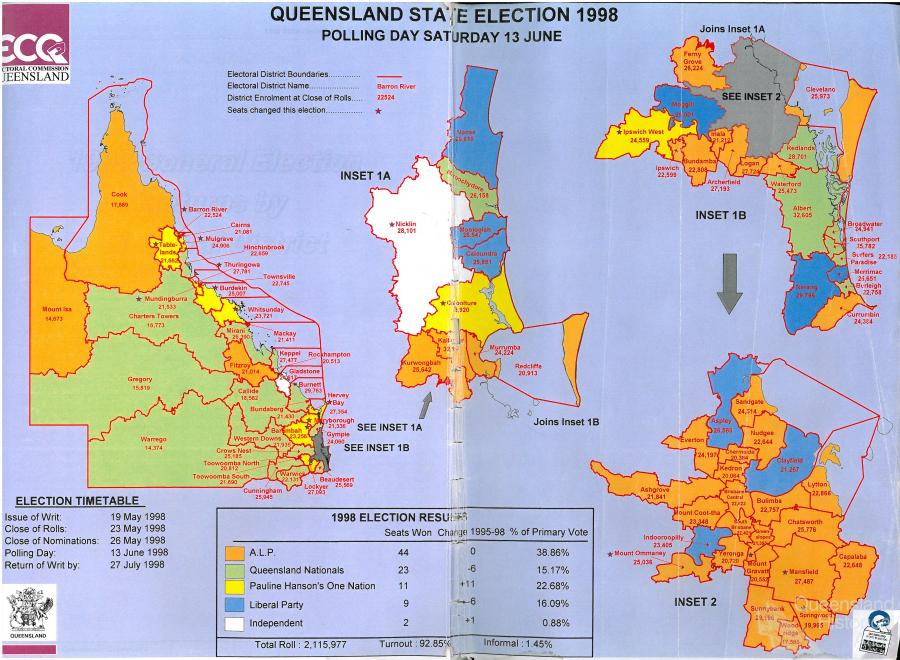Back in 2012, I and Dr Jonathan Richards examined and reported on the 1982 Cabinet Minutes for the Queensland State Archives. By accident, in addressing a concern from a Brisbane resident, and looking over work of the last decade, I discovered that the State of Queensland is politically stuck: the same issues, and the same foolish and flawed solutions. How easily we forget, and the state exploits that loss of critical memory.
- Back in 1982, it was the Commonwealth Games, today and in 2032 (the year flip of the last two digits), it is the Olympic Games, and currently we have the Victorian ghost of the Commonwealth Games;
- There are also the links to gambling and the building of casinos;
- School enrolments beyond expectations and planning;
- A lack of funding for education.
Has anything improved? The answer is clearly no, and there is an argument that matters have gotten worse.
In the time, since 2012, there has been the passing of my wife and an acceleration of my work on the Queensland character myth and the failures in the institutional thinking across Queensland.
There are few key points here.
The ‘Queensland character’ is a literary device, both inside and outside of Queensland, which of more later times has become a political device for various motivations. Hence, the argument here is for a de-masking of its propaganda value and use in all levels of cultural, societal, and ideological politics. It is a phase, in the propaganda, that is used for both for the interests of Queensland ‘identity’ and against it, as valuated by diverse parties and individuals.
THE DRAFTING OF THE QUEENSLAND CHARACTER: An Introduction of the Argument
My arguments, as a general framework, is based on a critique of the neo-conservative paradigm. The paradigm is a defence of a cultural position(s) which has become implausible in the last 70 years, since the early days in the ‘neo-con’ writings of people like William F. Buckley (Virginia, USA) and Frederick Charles Schwarz (Queensland, AU). My critique of this positioning goes to both culture and religion.
What we have seen, in the past, is the populist politics exploited by the National Party Government [1968-1989], which encouraged American-style right-wing fundamentalist political lobby groups. In the late 1980s, when the National Party Government was in crisis the Christian neo-conservatives supported it openly in an attempt to keep their power base. The downfall of the National Party Government at the 1989 elections, however, did not meant the demise of many political lobby groups. It has not meant the end of American style populist politics in Queensland. This is because we do not have community education in Queensland in the way that other Australian states do, and Queensland once had.
The two frameworks which best provides an up-to-date curriculum for community education is a history and sociology of freethought and the mapping of Anglo-American major belief systems.
Featured Image: ECQ Map Queensland State Election 1998

ECQ Map, Queensland State Election 1998
******
Neville Buch
Latest posts by Neville Buch (see all)
- Dear grossly, ethically, corrupted - December 21, 2024
- Thoughts with a Professional History colleague on “Artificial Intelligence” - December 21, 2024
- Stephanie M. Lee on “AI by omission”, The Chronicle of Higher Education, Thursday, December 19, 2024 - December 20, 2024
